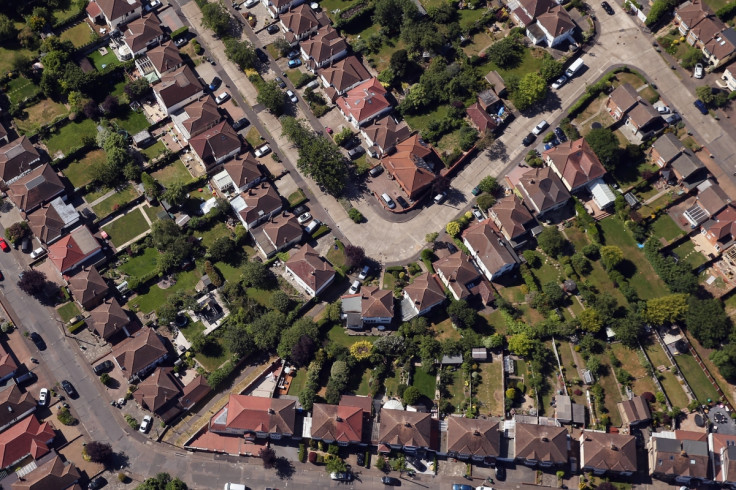London housing crisis: Devolve stamp duty to mayor to solve property shortage, says report

London's mayor should be handed a batch of new powers over property in the capital, including the ability to set the city's own stamp duty rates and retain most of the revenue, in order to solve an ongoing housing crisis which is driving up prices and rents. That is according to the final report by the London Housing Commission, set up in 2015 by the Institute for Public Policy Research (IPPR) think tank. The stamp duty revenue would be offset by a reduction in the central government grant to London.
In exchange for these new powers, which also include allowing City Hall to borrow more to spend on housing and other infrastructure, and more control over borough councils to force their hands on housebuilding, the London mayor's office will commit to doubling the construction of new homes to 50,000 a year. Around 25,000 new homes are currently built in London a year, half the level needed to meet ever-growing demand as the population rises.
In the year to December 2015, the average London house price rose 9.4% to £536,000, said the Office for National Statistics (ONS). London rents rose 3.9% on average. By comparison, the average price in England rose 7.3% to £301,000 and rents increased on average by 2.7%. The commission's report, which is the result of months of evidence taking, also recommends that London councils commit to identifying enough land to deliver 50,000 new homes a year for a decade, the construction of housing for sub-market rents, and the speeding up of planning approvals.
"The London Housing Commission does not claim to have all of the answers, but it is clear that the status quo will not do," said Lord Kerslake, chairman of the commission. "The housing crisis will not solve itself, and radical measures of the sort we outline in this report will go a long way to delivering the volume of quality, affordable homes that the capital desperately needs."
A separate report by the Policy Exchange think tank, called The Homes London Needs, said the government must arm the city's mayor with tough new powers to seize under-used commercial property from its owners for a "reasonable, but not excessive" fee so homes can be built on the land.
Doing this would free up enough commercial land for residential development to see 420,000 new homes built in London over two decades, most of which should be for private rent or shared ownership, said the report. There are 196,000 hectares of land in London used for non-residential purposes and if just 1% was freed up for development it would be enough for 250,000 homes.
© Copyright IBTimes 2025. All rights reserved.






















